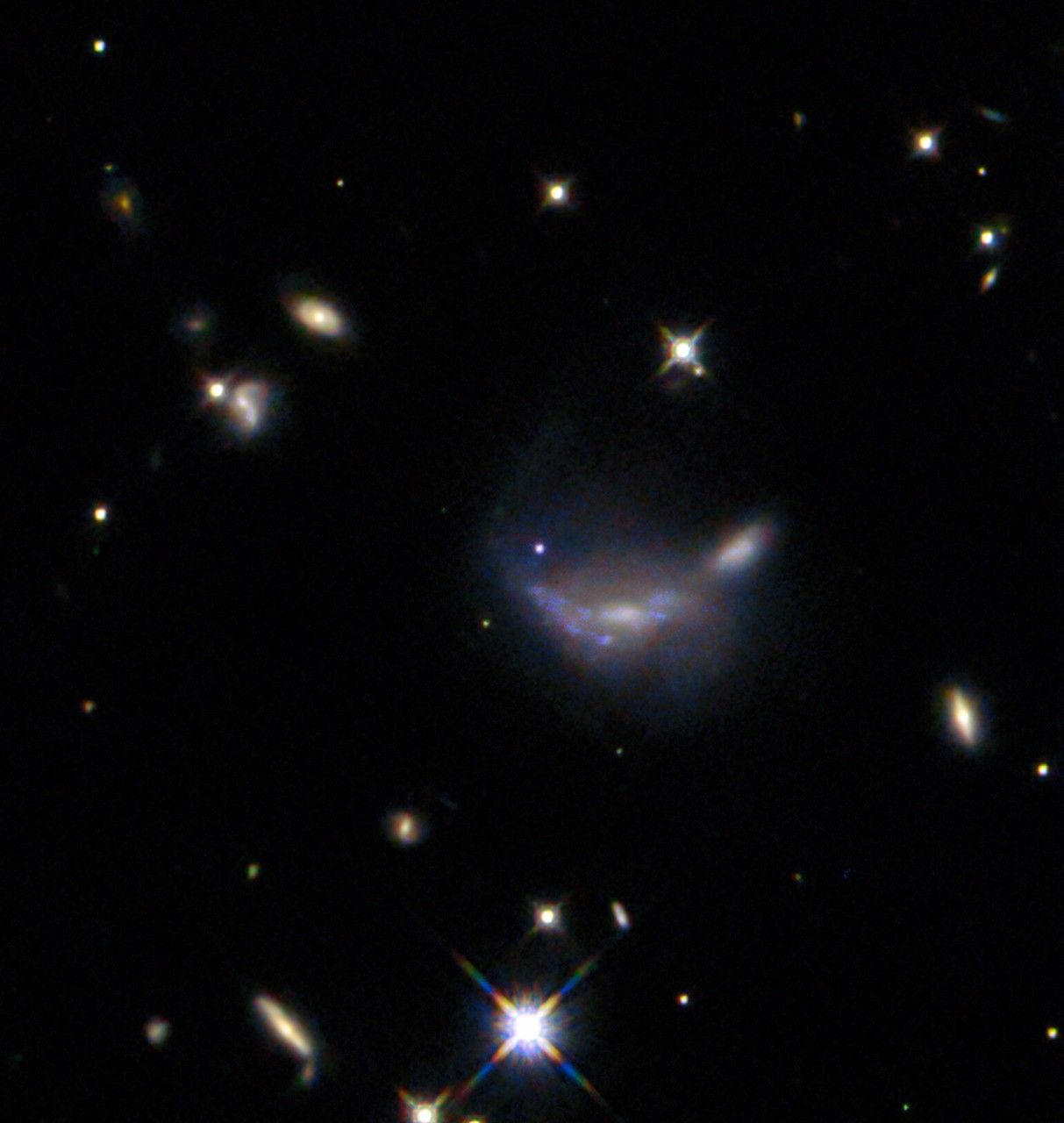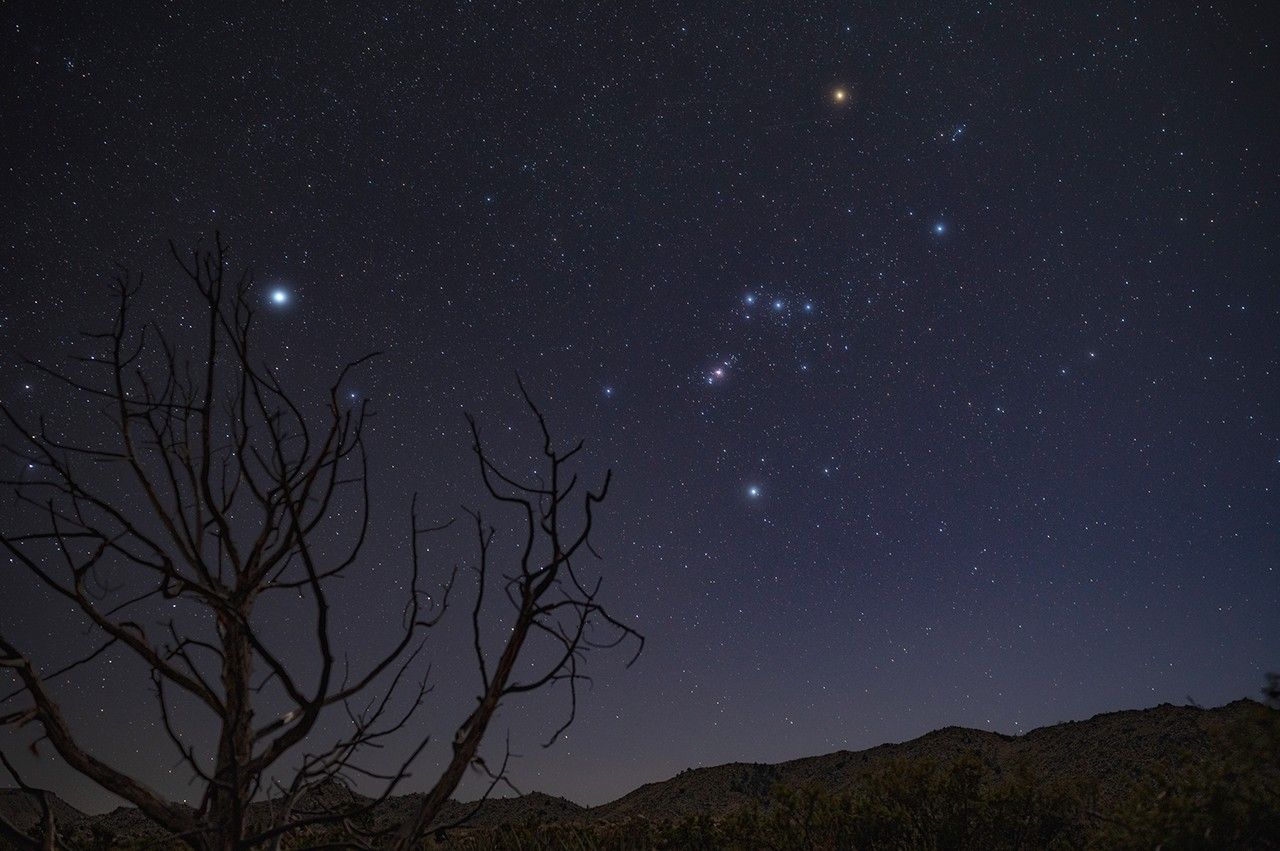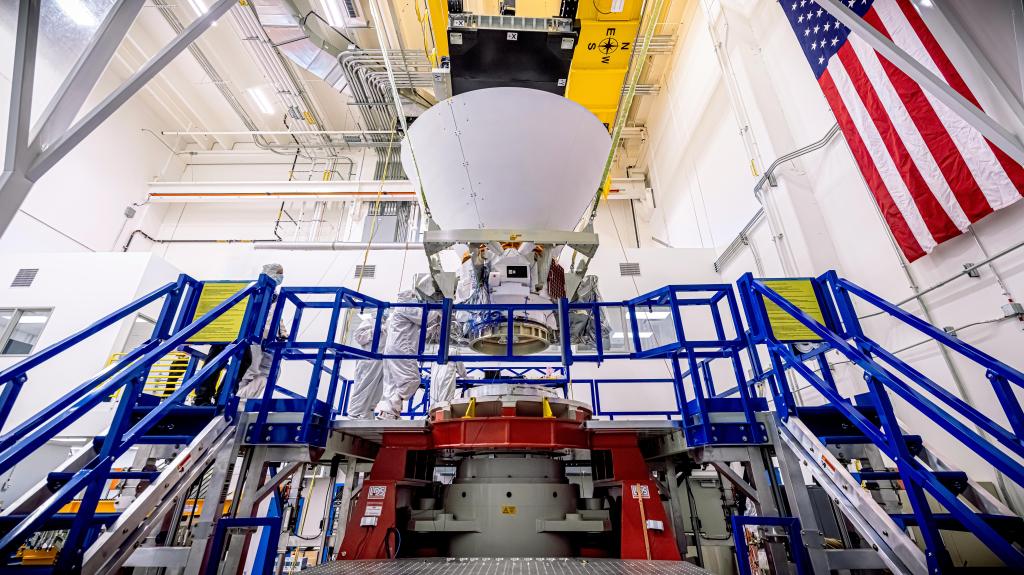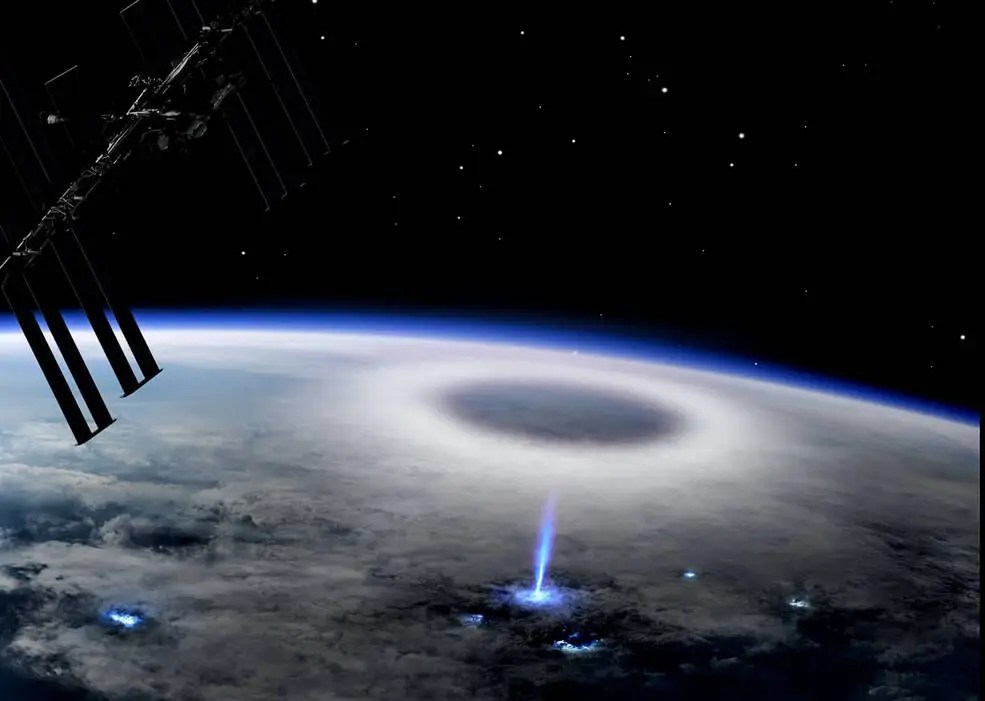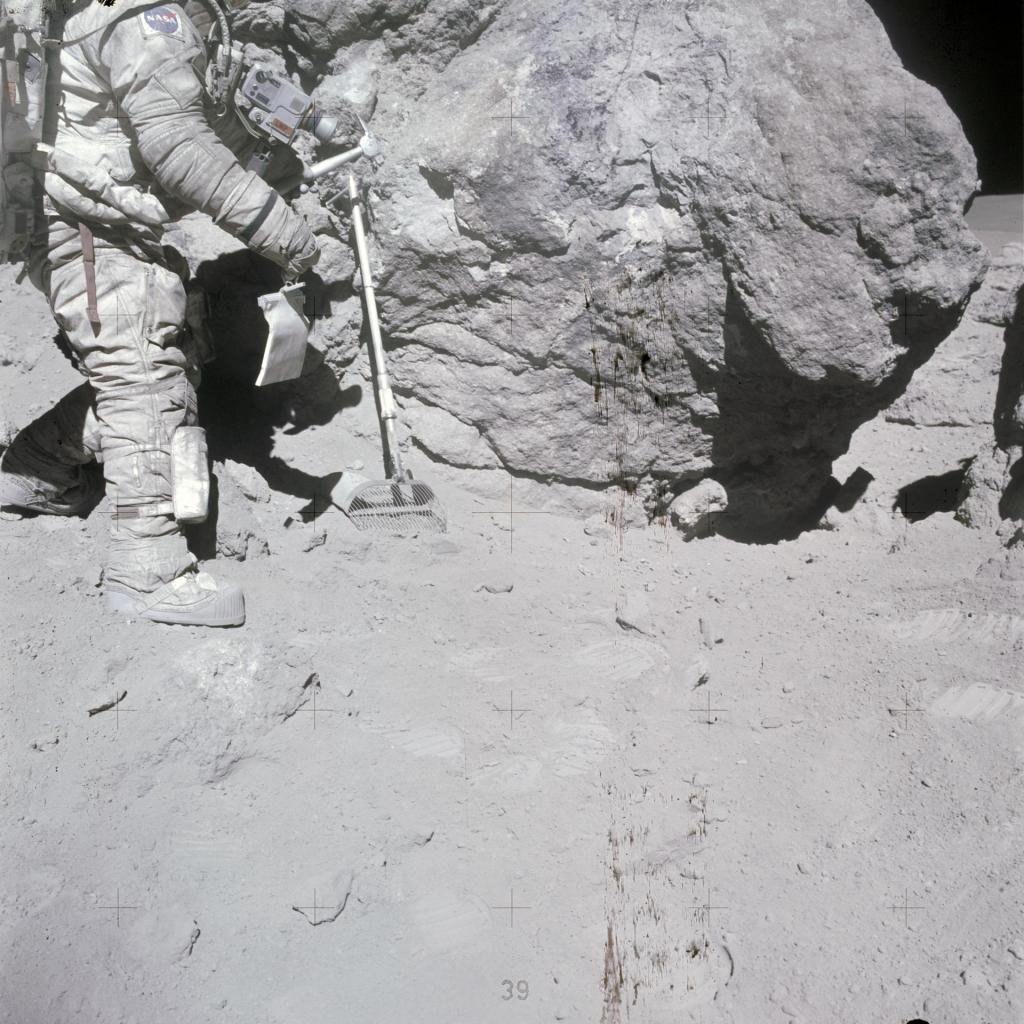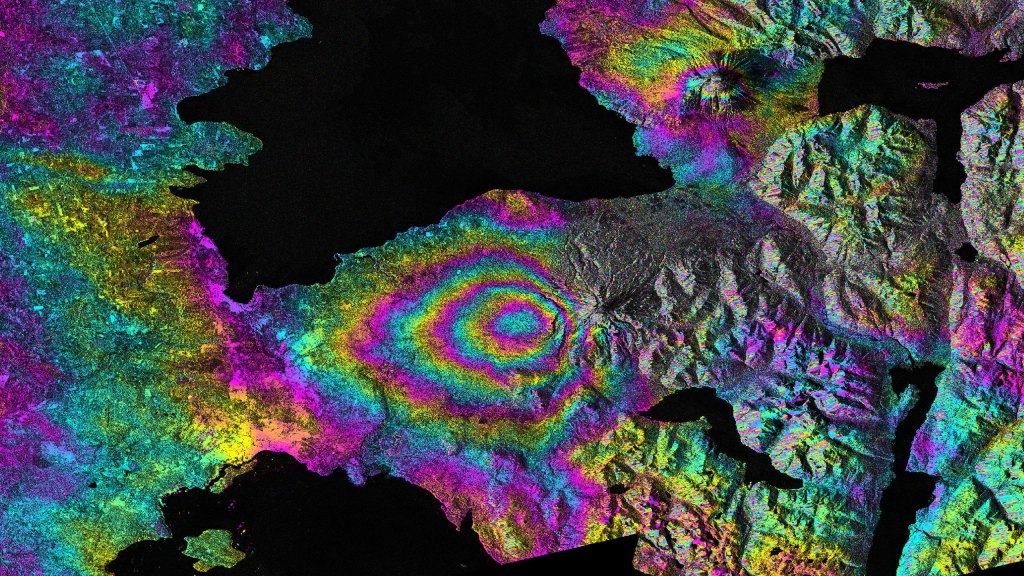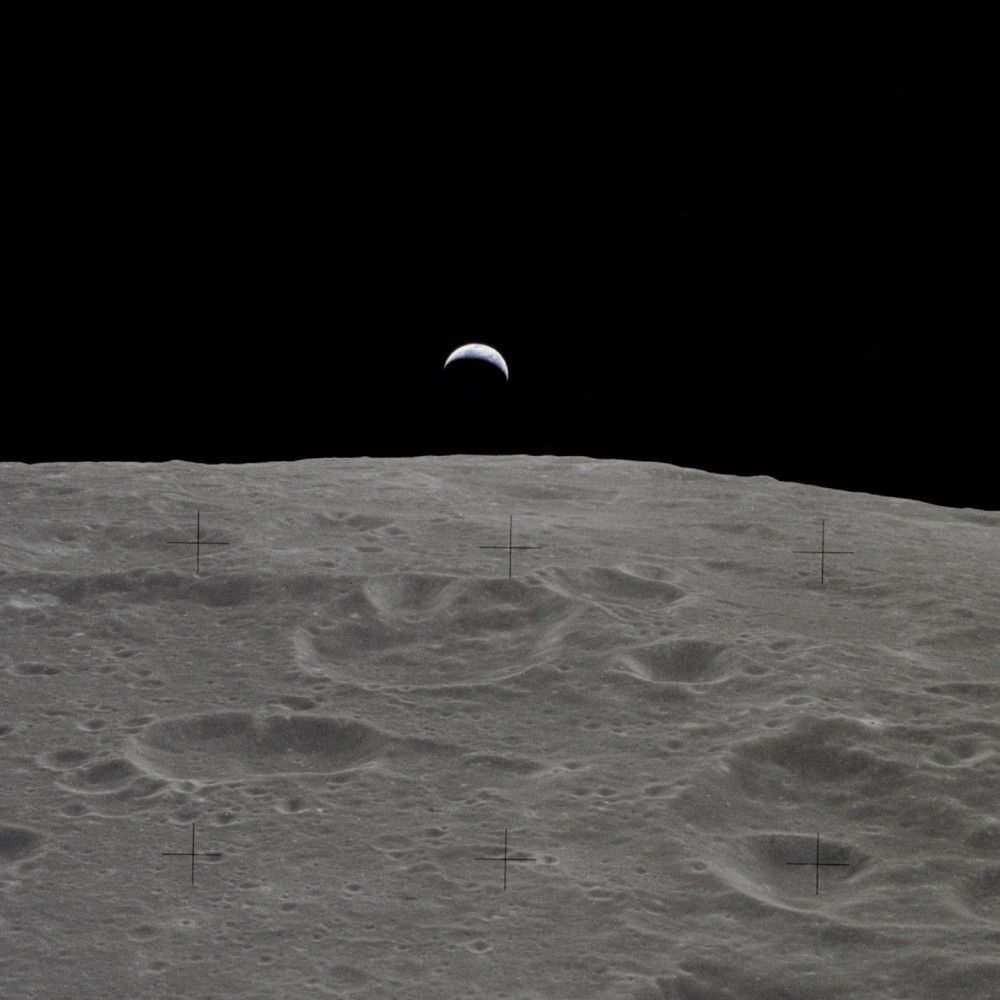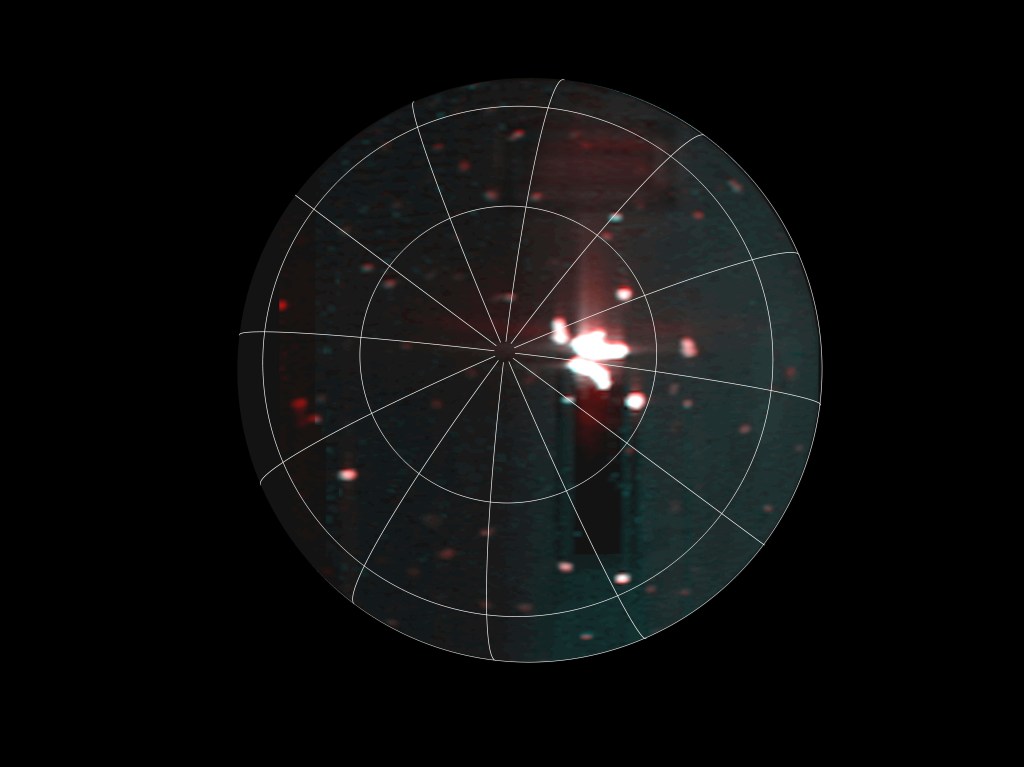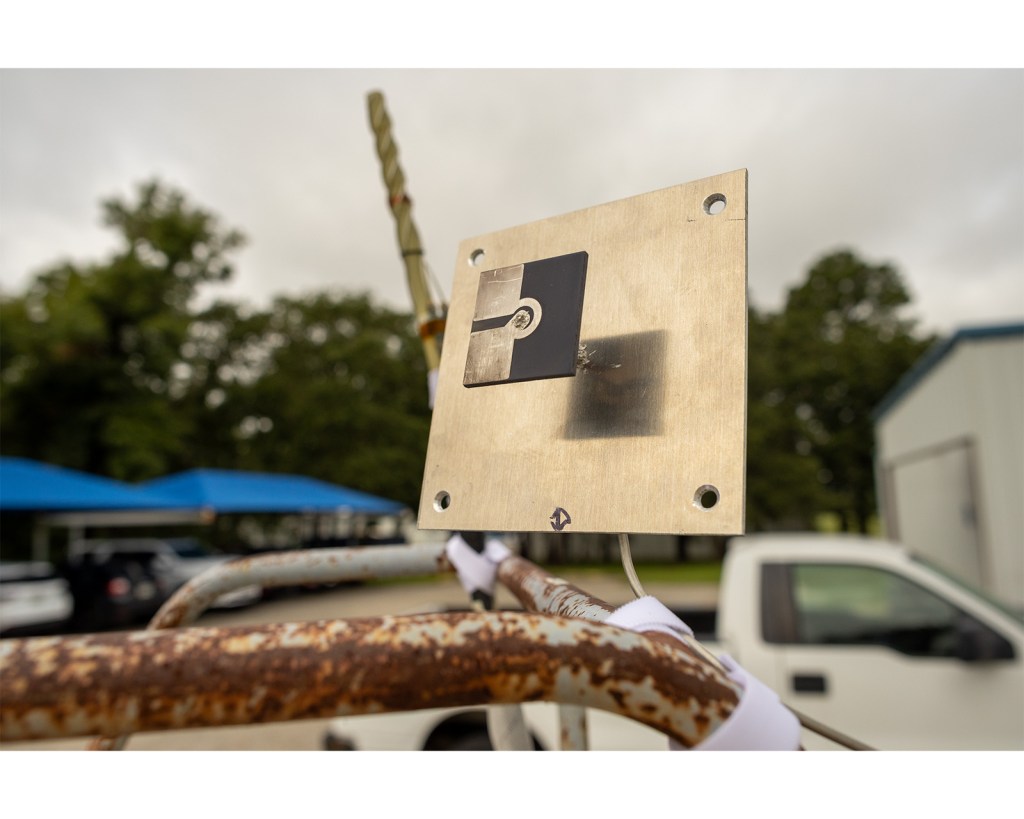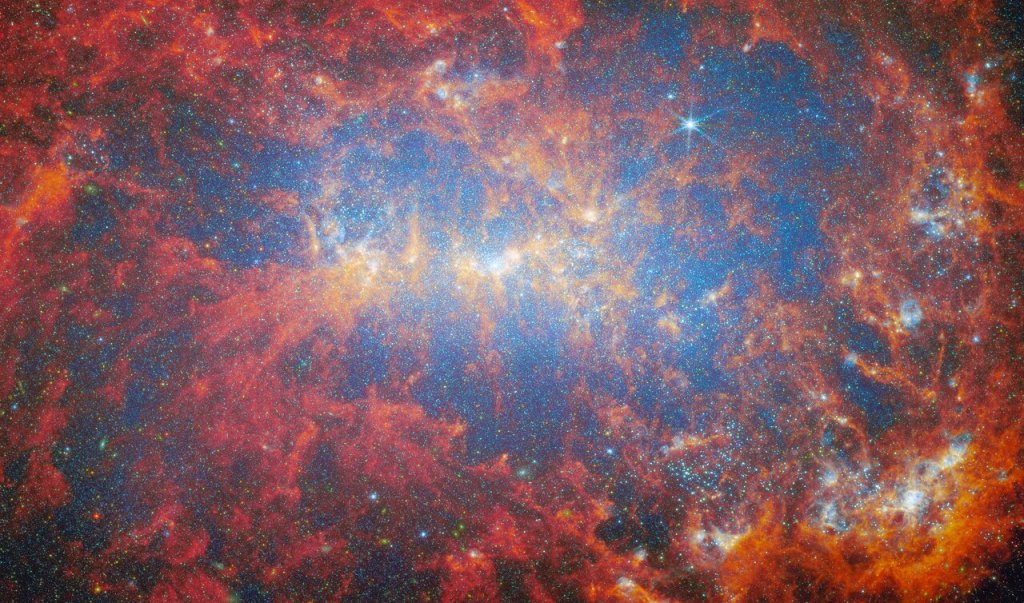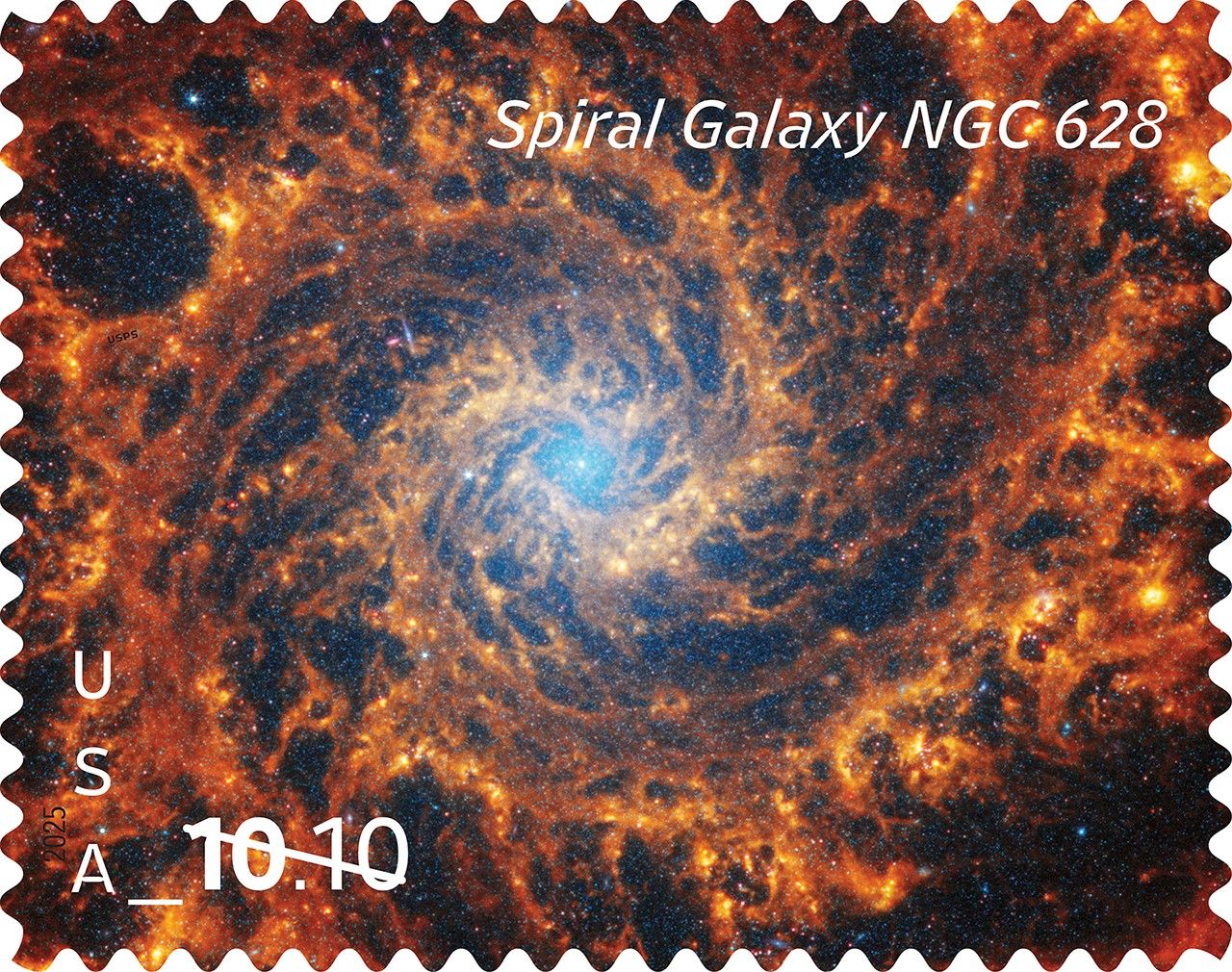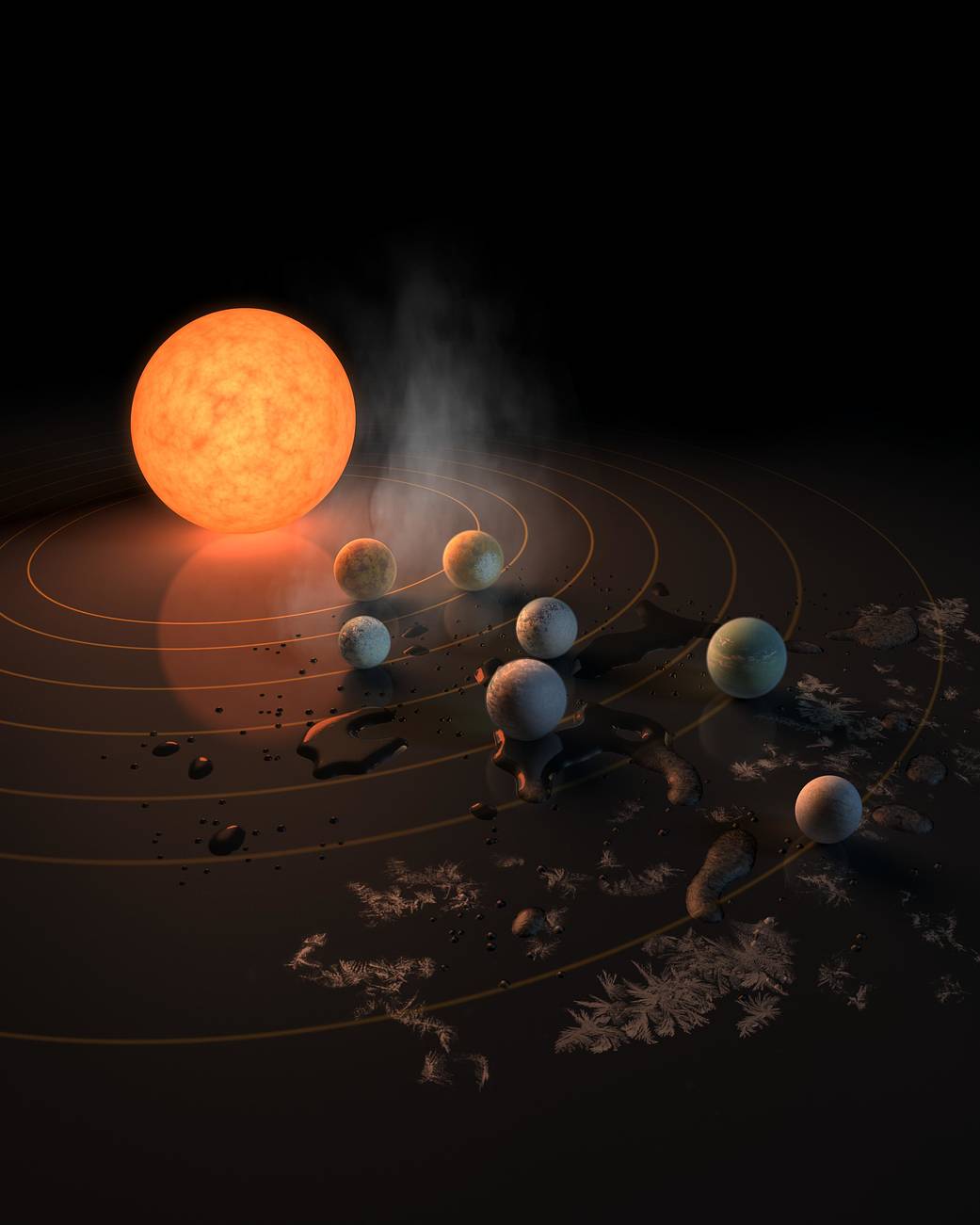As NASA pays tribute and says goodbye to the Spitzer Space Telescope, one of agency’s Great Observatories, one of Spitzer’s great discoveries was that of the TRAPPIST-1 star, an ultra-cool dwarf, which has seven Earth-size planets orbiting it. Spitzer, the ground-based TRAPPIST (TRAnsiting Planets and PlanetesImals Small Telescope) telescope, and other ground-based observatories jointly made the discovery that was announced in Feb. 2017. The system was named for the TRAPPIST telescope.
The discovery sets a new record for greatest number of habitable-zone planets found around a single star outside our solar system. All of these seven planets could have liquid water – key to life as we know it – under the right atmospheric conditions, but the chances are highest with the three in the habitable zone.
Image Credit: NASA/JPL-Caltech

